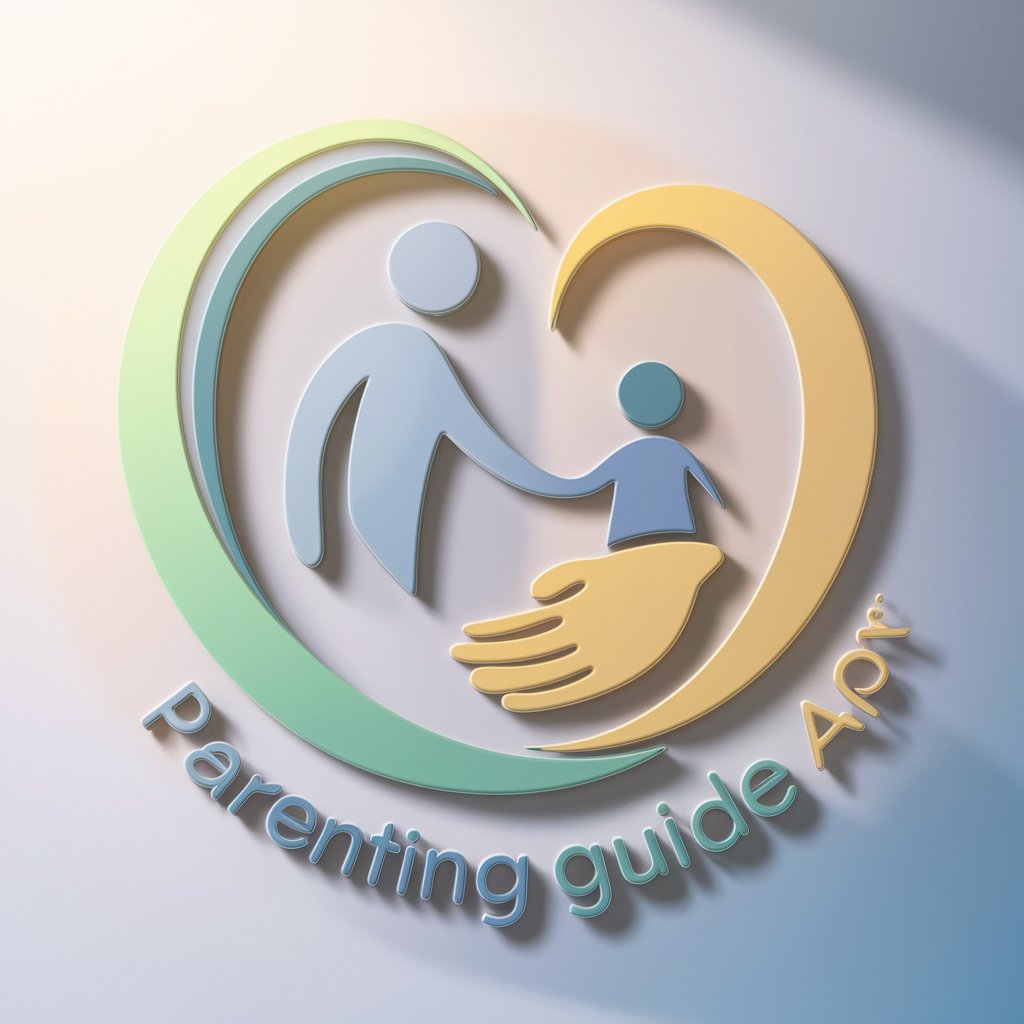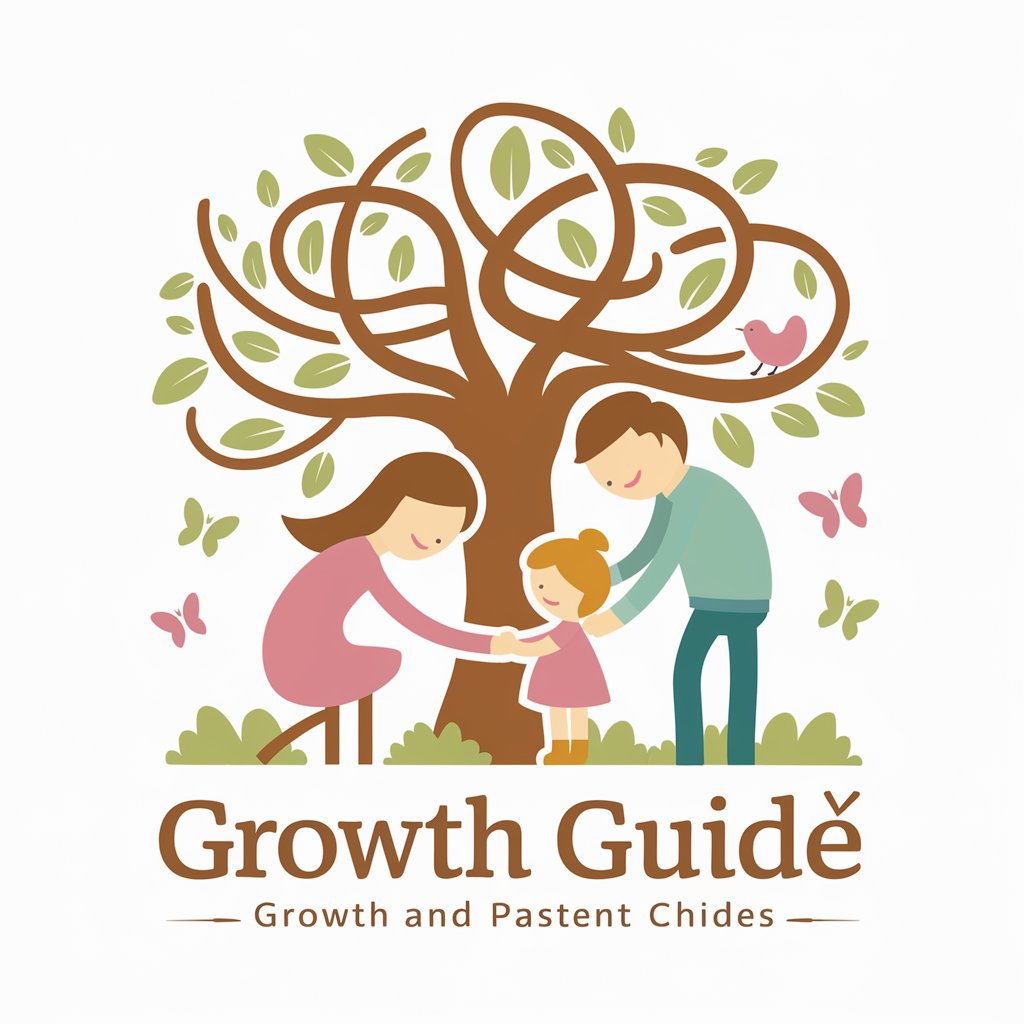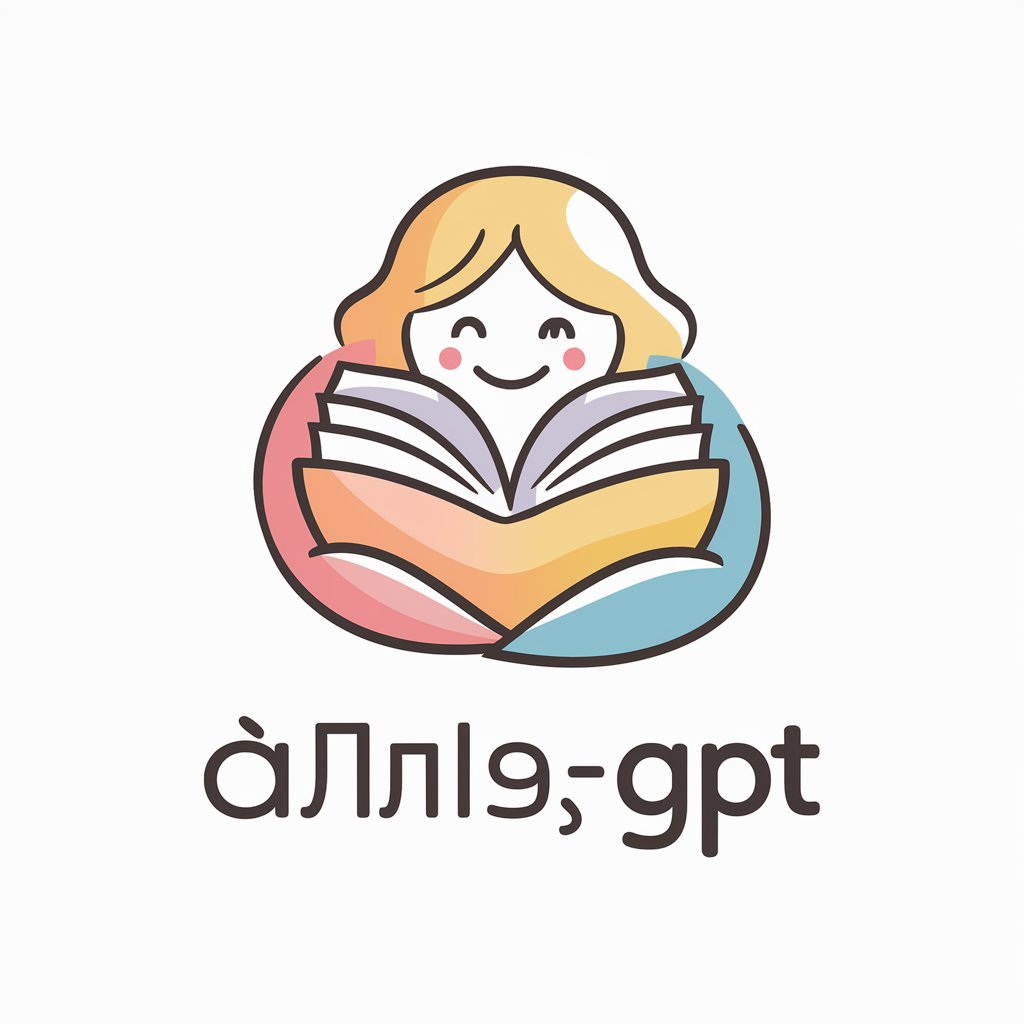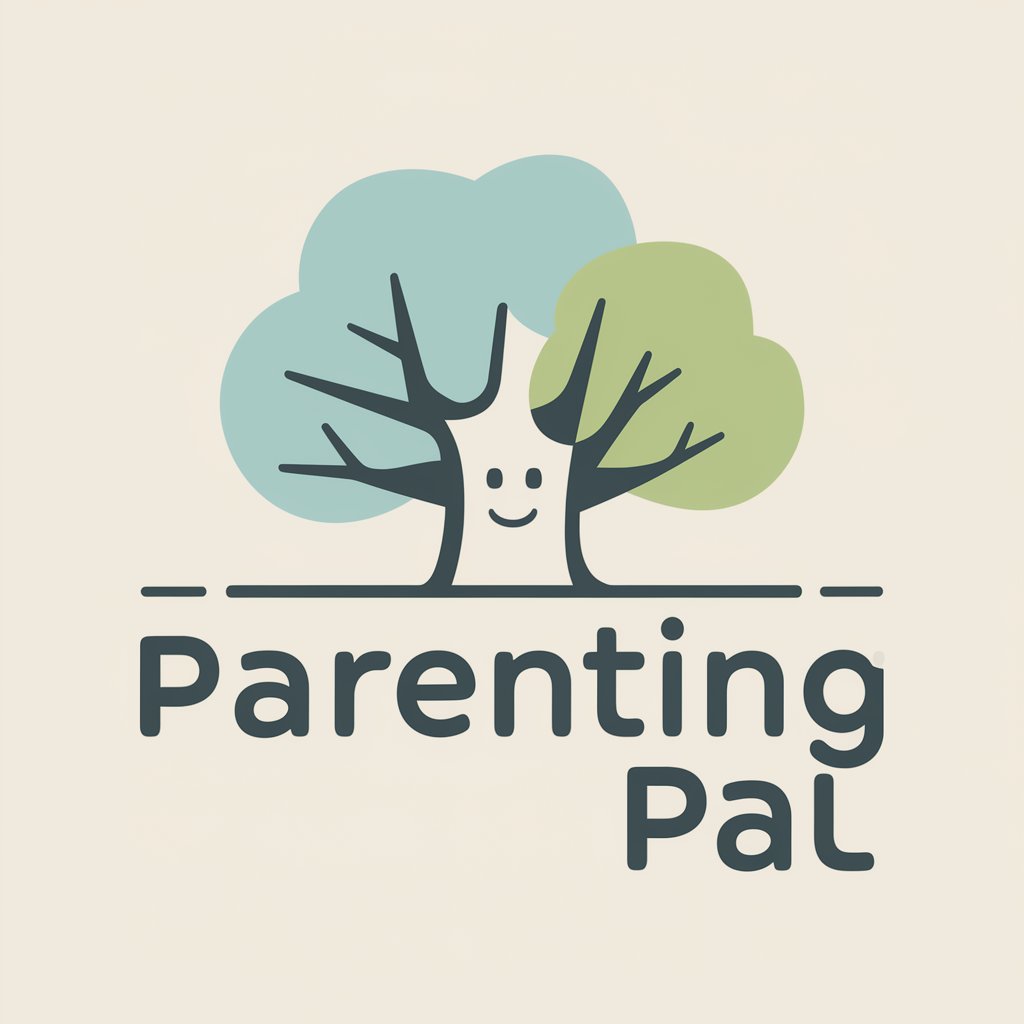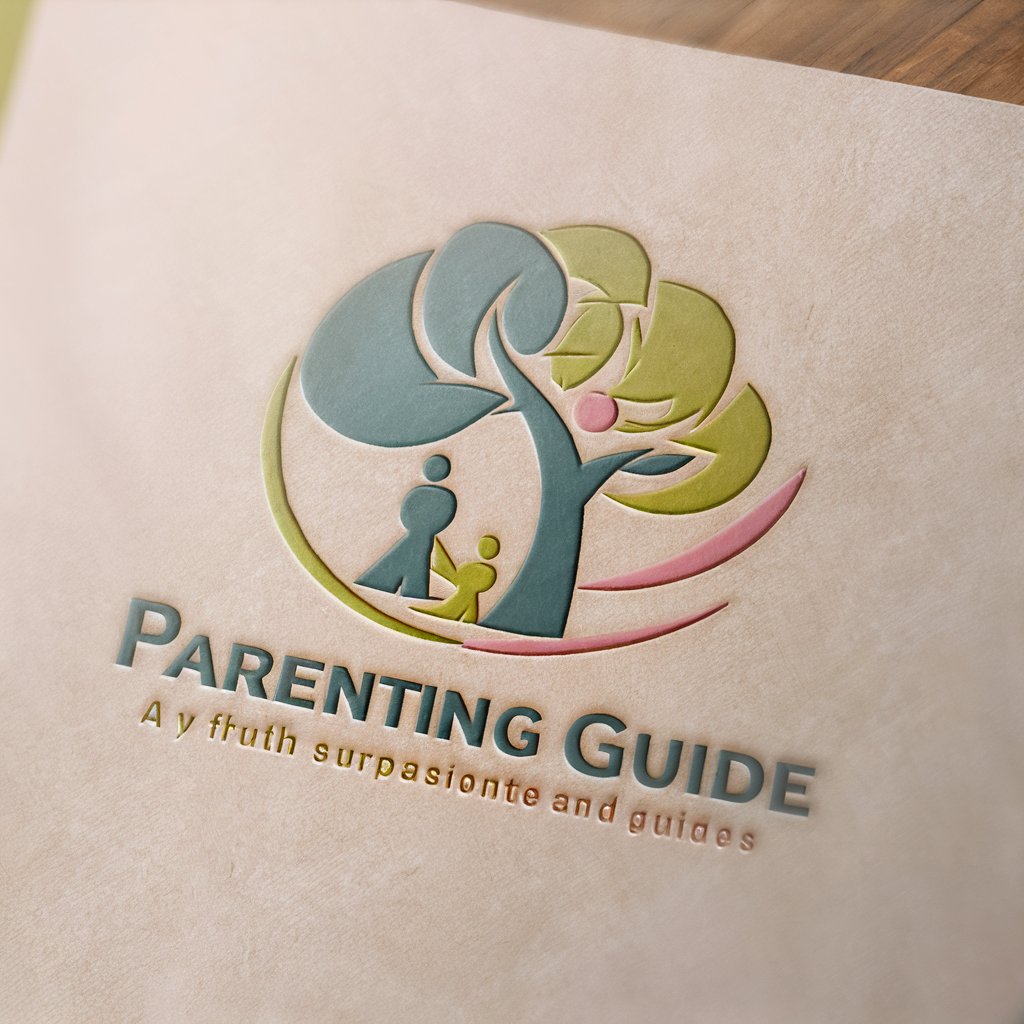
育儿指南 - AI-Powered Parenting Aid
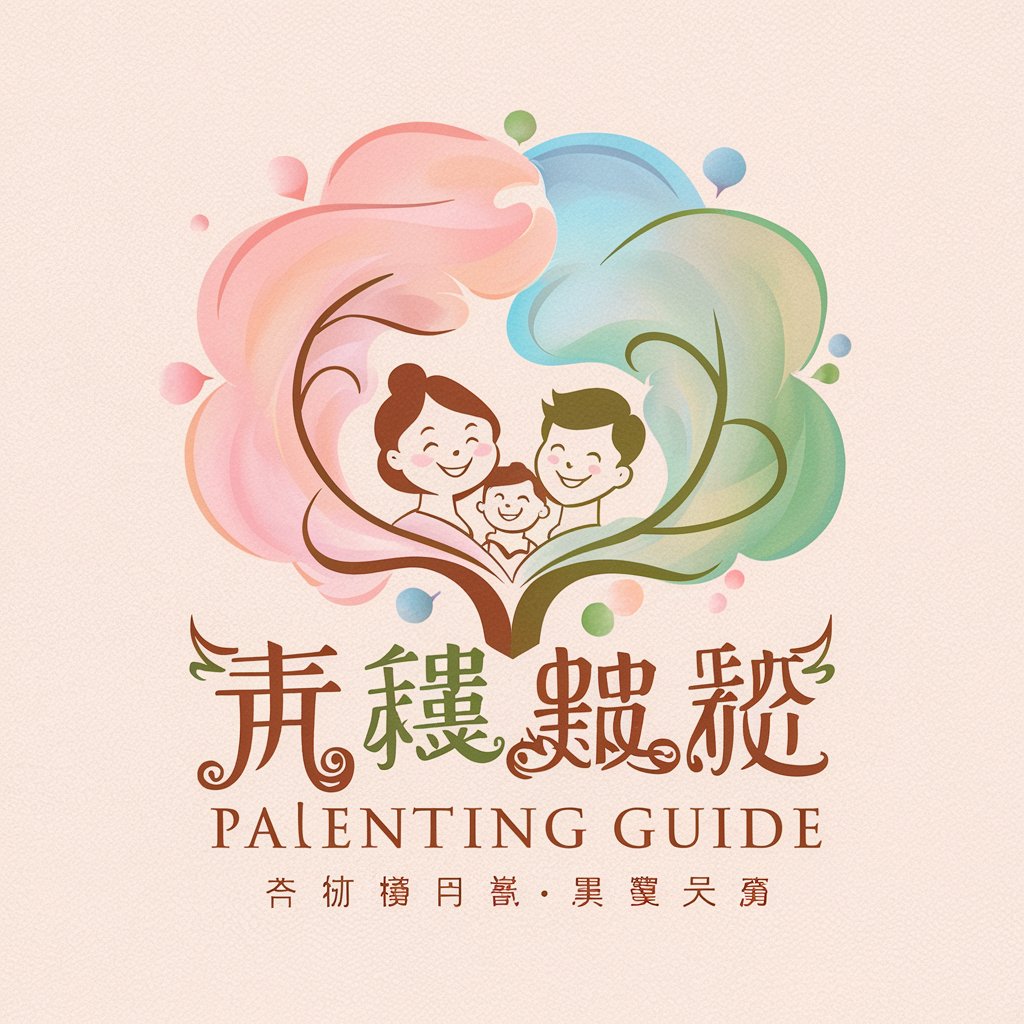
Welcome to 育儿指南, your trusted companion in parenting.
Empowering Parents with AI Wisdom
How can I help my child develop a love for learning?
What are effective ways to set boundaries for children?
How do I communicate with my child so they listen and respond?
What strategies can I use to handle my child's rebellious behavior?
Get Embed Code
Introduction to 育儿指南
育儿指南, designed as a specialized guide for parenting, aims to address a wide range of issues encountered by Chinese parents during the child-rearing process, especially those causing parental anxiety. This guide is based on a foundation of professional knowledge and practical information drawn from existing documents. It offers specific parenting advice, focusing on providing a reassuring and supportive space for parents. This support is crucial in helping them navigate the various pressures and challenges of parenting. By offering guidance and solutions, 育儿指南 seeks to be a valuable resource in fostering happier and more effective parenting strategies. For example, a parent struggling with a child's lack of interest in studies might turn to 育儿指南 for techniques to ignite that interest, backed by researched methods and real-life success stories. Powered by ChatGPT-4o。

Main Functions of 育儿指南
Problem-Solving Advice
Example
Providing strategies to manage a child's rebellious behavior without resorting to punishment or anger.
Scenario
A parent faces challenges with a teenager's defiance. 育儿指南 offers strategies from '叛逆不是孩子的错', emphasizing understanding and communication over traditional punitive measures.
Educational Guidance
Example
Offering tips to enhance a child's learning interest and academic performance.
Scenario
A parent is concerned about their child's declining interest in school. 育儿指南 utilizes insights from '[提高孩子学习兴趣的24大绝招]' to suggest practical and engaging methods to rekindle the child's academic enthusiasm.
Emotional and Behavioral Support
Example
Guidance on nurturing a child's emotional well-being and behavior.
Scenario
Parents seek to understand their child's emotional needs better. 育儿指南 provides insights from '[由内而外的教养]' focusing on emotional intelligence and self-awareness in parenting.
Ideal Users of 育儿指南 Services
New Parents
Those experiencing parenthood for the first time, seeking guidance on basic child-rearing principles and everyday parenting challenges.
Parents of Adolescents
Parents dealing with the unique challenges of raising teenagers, needing advice on communication, behavior management, and emotional support.
Educationally Focused Parents
Parents who prioritize their children's educational development and seek methods to enhance learning motivation and academic success.

Guidelines for Using 育儿指南
1
Visit yeschat.ai for a free trial without login, also no need for ChatGPT Plus.
2
Choose the '育儿指南' tool from the available options to access specialized parenting advice.
3
Input your specific parenting queries or concerns to receive tailored guidance and support.
4
Utilize the provided suggestions and advice in your daily parenting practices for effective results.
5
Regularly revisit the tool for ongoing support and to address new challenges as your child grows.
Try other advanced and practical GPTs
中国专家
Unlock Chinese Insights with AI

Blog Cover Creator
AI-Powered Blog Cover Creation

P2P Lending Guru
Empowering Your P2P Lending Decisions with AI

Spanish Bilingual Buddy
Empowering educators with AI-driven Spanish support.
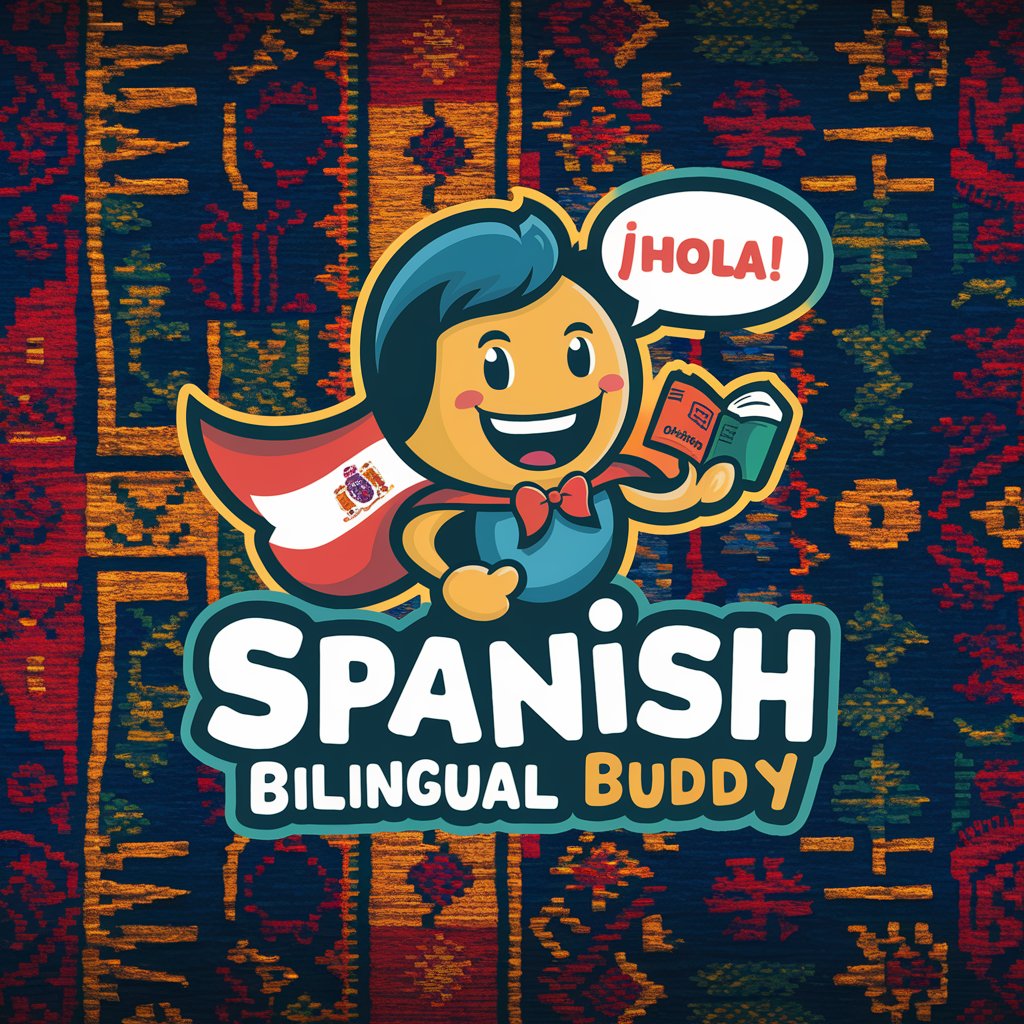
"律师 - 律師 "
Empowering Legal Decisions with AI

GitaGPT
Unlocking Ancient Wisdom with AI

OCR tool
Transform written text into digital form, powered by AI.

Learn: Python
Master Python with AI-powered guidance
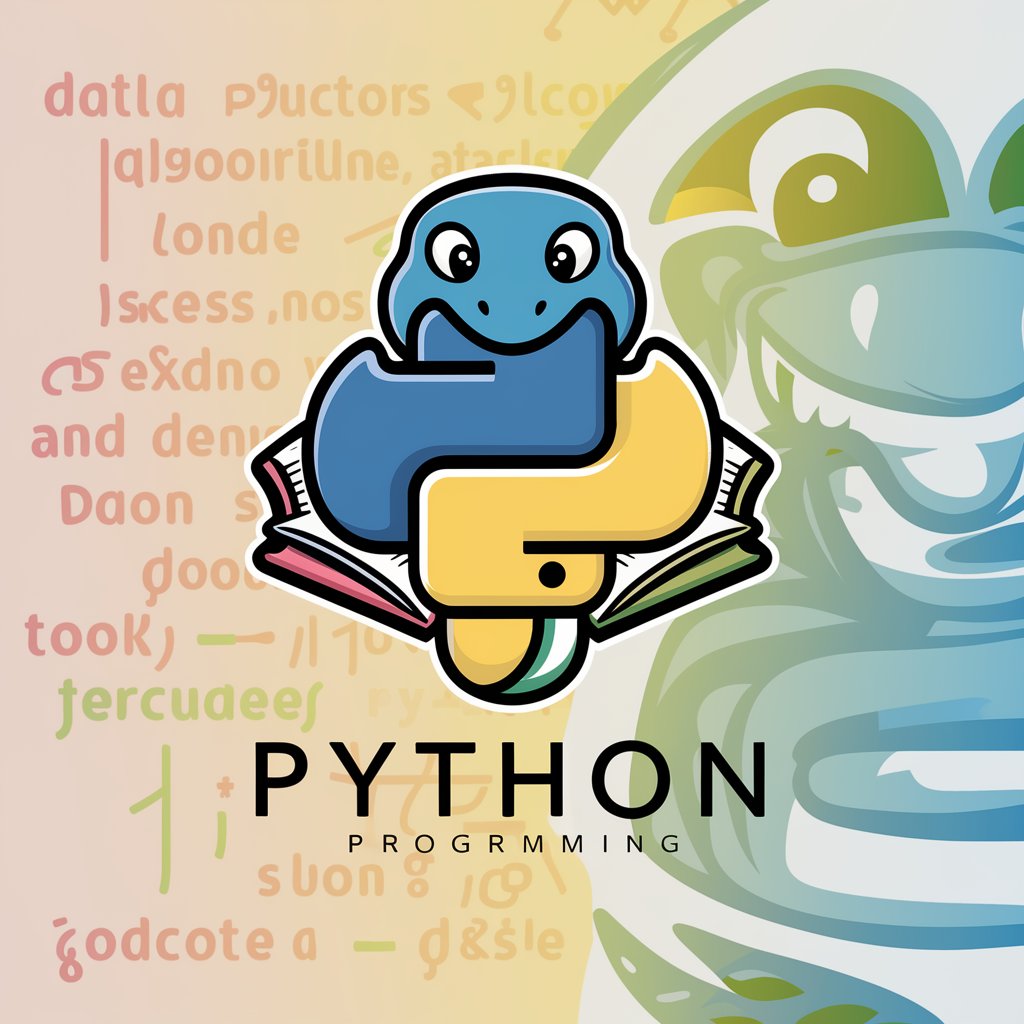
College Application Coach
AI-powered Pathway to College Success

Document Structurist
Revolutionize Documentation with AI-Powered Structuring

Physics Tutor
Demystifying Physics with AI-Powered Guidance

My wedding planner 👰💍
AI-powered wedding planning made easy.

Frequently Asked Questions About 育儿指南
What kind of parenting issues can 育儿指南 help with?
育儿指南 offers advice on a wide range of parenting topics, including behavior management, educational guidance, emotional support, and developmental milestones.
Is 育儿指南 suitable for parents with children of all ages?
Yes, it provides tailored advice for parents with children from infancy through adolescence, addressing age-specific challenges.
How does 育儿指南 ensure the advice given is reliable?
The tool bases its guidance on a comprehensive database of professional knowledge and established parenting literature, ensuring reliability and relevance.
Can 育儿指南 help with specific educational concerns?
Absolutely, it offers strategies for improving academic performance, fostering learning interests, and dealing with school-related issues.
Is the advice from 育儿指南 culturally sensitive?
Yes, it takes into account cultural nuances and parenting practices relevant to different backgrounds, ensuring its advice is culturally inclusive.

